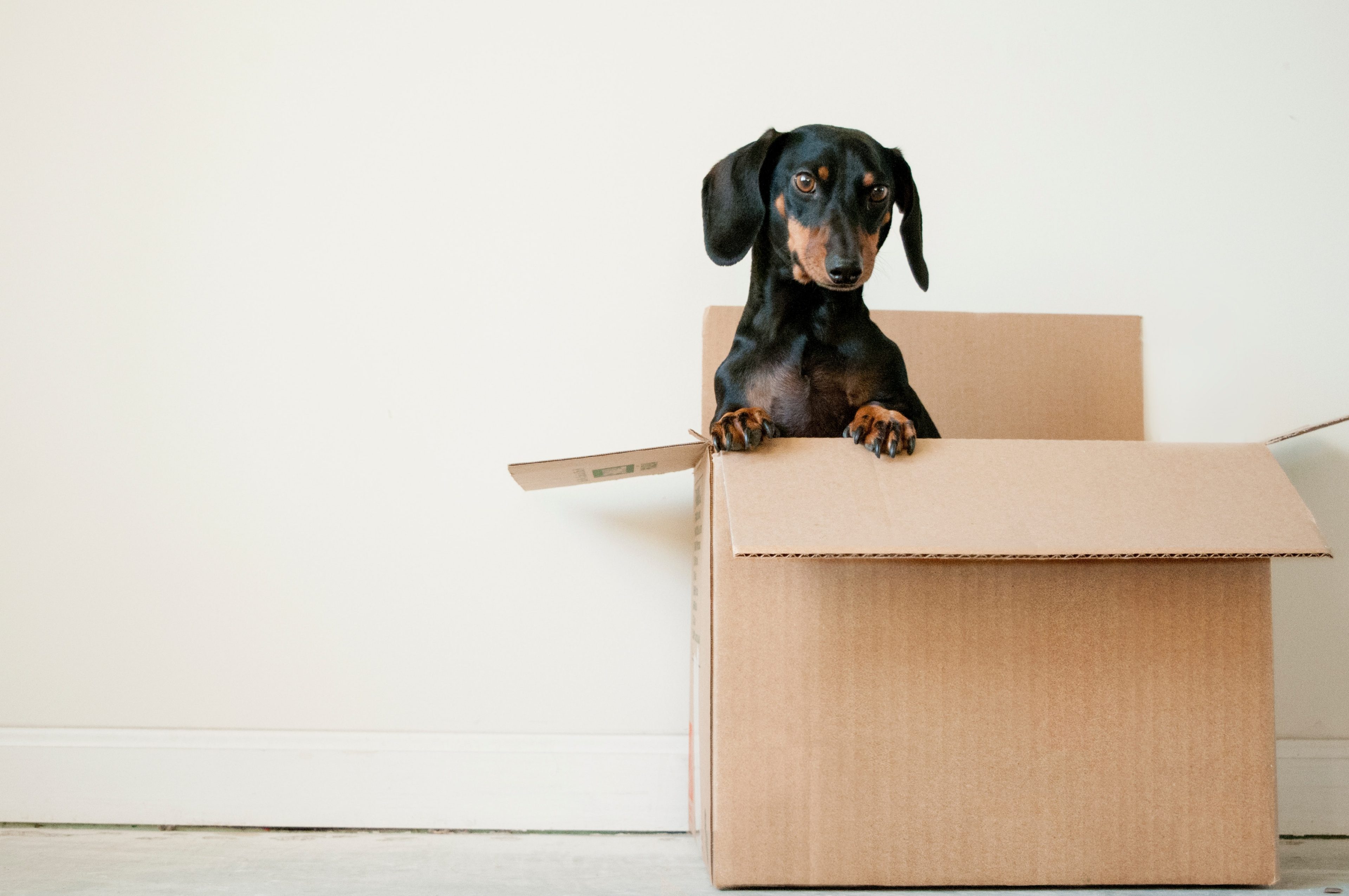Budgeting tips for moving out of home — without emptying your savings
24 Nov 2020
5 minutes read

There is no better feeling than taking the leap into adulthood and independence by moving out of home. BUT beware – living expenses can pile up without the ‘rents there to buy groceries or cover your fuel money this week, not to mention the upfront costs associated with furnishing a home. We've put together a budgeting guide for moving out of home, so you don't have to!
Ongoing expenses can be challenging to manage, but many forgot about the upfront and one-off costs associated with moving, especially if you're new to this! We recommend having a savings plan in-place a few months prior to moving (if possible), to ensure you're prepared for these expenses, which have a habit of popping up within a small timeframe.
Removalists or van hire – Van and removalist hire can be expensive, however there are companies such as Car Next Door who can make this cost a little cheaper. If you're lucky enough to have great friends and family (even greater if they have a ute or two), take advantage of their half-hearted offers to help – it'll make a huge difference and save you a heap of time.
Rental bond – basically the landlord holding your money ransom to ensure you pay your rent on time and leave the property clean once your lease is up. In Australia, paying bond is a non-negotiable and is often comparable to four week's rent.
Rent up front – real estate agents and landlords can often spring the addition of a few weeks' worth of rent upfront too (in addition to the bond).
Furniture and homewares – if this is your first time moving out then it's likely you don't own anything to live with/ on. These costs can pile up quickly when you consider the purchase of items such as a fridge, couch, washing machine, dining table and chairs – and that's before you consider the pots, pans, trays and (must-have) cushions. Check out sites like Facebook Marketplace and Gumtree to find cheap second-hand goods – your parents may want to offload some of their older items to!
Staying connected – while some of us occasionally dream of living ‘off grid', there is literally nothing worse than moving to a new house and having no access to utilities and internet. Tee up as much of this as you can prior to your move so once you have the keys your gas, electricity, power and internet can be switched over quickly.
You've made it, you're in and relatively set up – but wait, there's more! Now you actually have to pay to live… with like, food and stuff…
Ongoing costs are basically the items that you need to pay on a weekly, fortnightly or monthly basis – the adult stuff.
Rent – yep, after all that money you paid to the landlord at the start, you still owe weekly rent. It's important that this is a cost you can maintain as it is easily one of the largest and most important ongoing expenses.
Groceries – basically the landlord holding your money ransom to ensure you pay your rent on time and leave the property clean once your lease is up. In Australia, paying bond is a non-negotiable and is often comparable to four week's rent.
Purchase your fresh produce from the local market – support small business and save dosh in the process
Compare supermarket prices and choose to shop specials and offers where possible – everything is online these days which makes it easy to plan ahead of time!
Plan your meals so you don't over-purchase (you can consider basing this around the current specials too). Meal prep can also help you determine quantities so you can freeze food if you won't be able to eat it to avoid waste and save money
Bills – Like the setup of your utilities, phone and wifi, these costs need to be paid on an ongoing basis as a general living necessity. To ensure you have the extra cash when the bills role around, start saving a portion of your pay each week so the cost doesn't leave you out of pocket when they come in the mail
A fresh start can be really exciting, but make sure you do all the pre-move legwork to ensure your finances are in a good spot come moving day.
Working out a weekly or pay-cycle-based budget will ensure you live well within your means and even have some extra cash to save for a rainy day (or summer holiday).